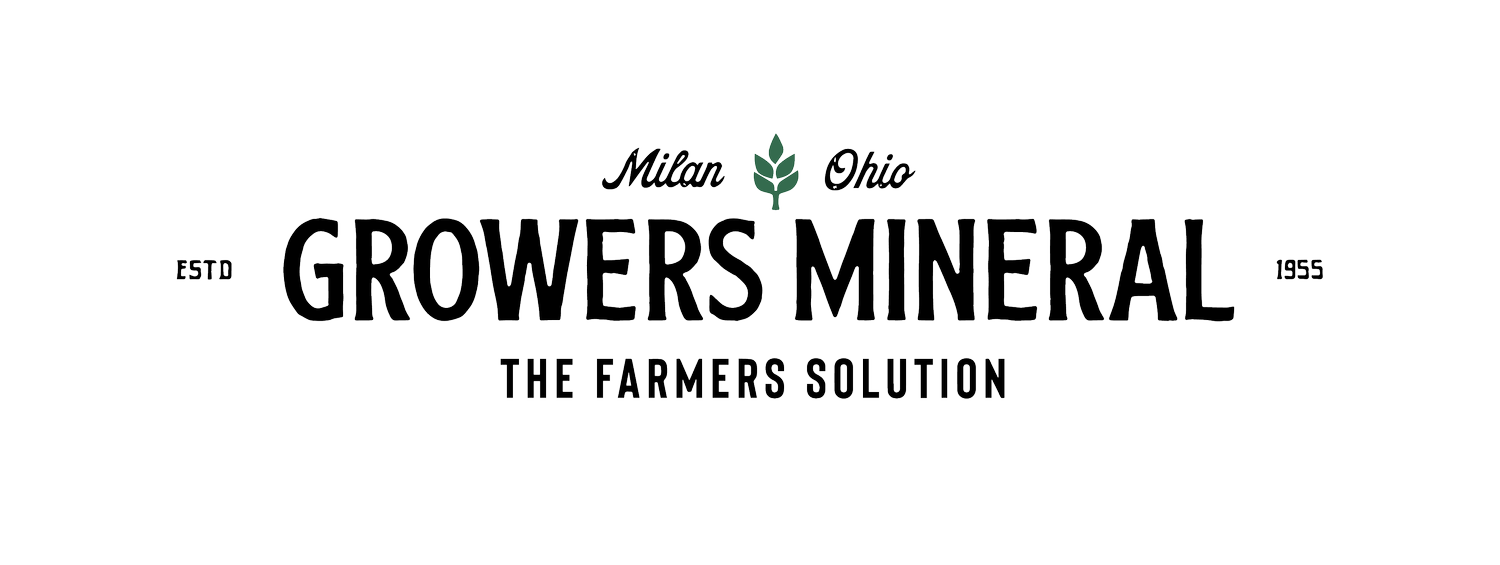Soil Health
In the article "Measuring Microbes a Step Toward Soil Health" which appeared on www.ecofarmingdaily. com, the author focuses on the use of the microBIOMETER as a tool to measure soil health. A small part of this article's discussion is featured below:
Hidden in just one teaspoon of healthy soil are more micro-organisms than the Earth's entire human population. These microbes break down organic matter in the soil and make essential nutrients like carbon, nitrogen, phosphorus, sulfur, and others available to plants. According to a 2020 study published in Nutrient Cycling, microbes contribute about 60 percent of the bioavailable soil carbon in farms and grasslands. A recent study published in the ISME Journal of Microbiology correlates soil microbial biomass with ecological biodiversity. A healthy microbiome improves water retention, helps ward off plant diseases, and makes a farmer's job a heck of a lot easier.
The regenerative farming movement has long drawn upon both the cultural traditions and scientific literature supporting the supreme importance of microbial health for cultivating plants. Gardeners and farmers can observe different "tells" indicating different mineral deficiencies or depleted microbes. Lower leaves turning yellow and falling off the stem might indicate low nitrogen levels, while poor nodulation in legumes hints at a lack of sulfur. But how can growers know if their soil is on the verge of deficiency before the leaves turn yellow and their crops are negatively impacted? How might a grower learn precisely how effectively a plot is reacting to their cover crop? Until recently, testing soils for microbial contents has been too expensive and time-consuming for many farmers. Plus, many microbes do not survive the trip to a lab, which leads to inaccurate results.
MicroBIOMETER is changing the world of soil testing, making healthy soil a goal that any farmer can accurately measure and work toward achieving. "MicroBIOMETER will allow growers to see the positive impacts of their changes in practice in real time," says Laura Decker, the president of Prolific Earth Science, which makes the tool. "They can both assess which practices are more effective and also prove out the efficacy of biologics as they go-making compliance and uptake faster and more thorough."
MICROBES ARE THE FUTURE
As the climate imperatives increase, data will play an important role in promoting regenerative solutions. For Decker and the team at Prolific Earth Sciences. microBIOMETER and the ability to easily and affordably measure microbial biomass and track soil health over time couldn't arrive a moment too soon.
Several states already have programs to incentivize climate-sensitive agricultural practices, and Decker says microBIOMETER could play a role in demonstrating the efficacy of regenerative practices over time. "We definitely see ourselves as part of the carbon market," she says. For so long, microbes have done their crucial work underground, invisible to the human eye and often squelched by poor practices. "Tests are a window to what's going on,” Decker says.
This is an excerpt from the Winter Growers Solution (2023) written by Jim Halbeisen, Director of Research.
Signup for our newsletter to stay in the loop
